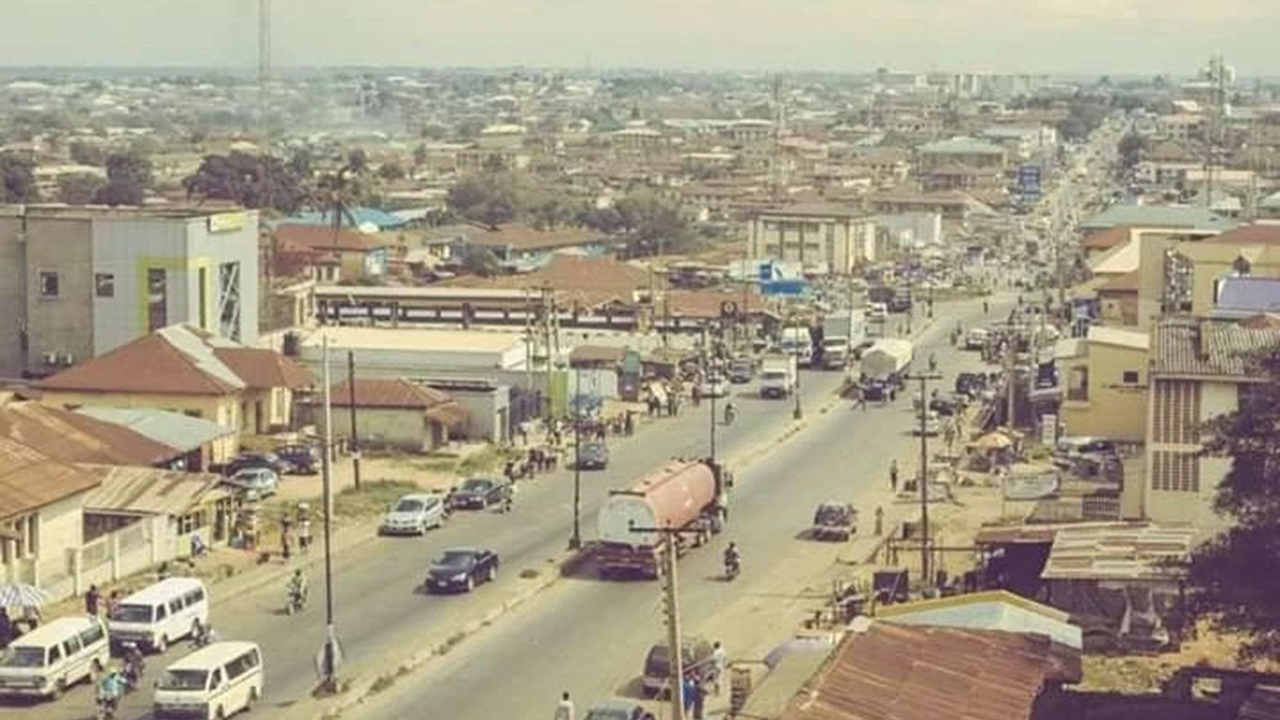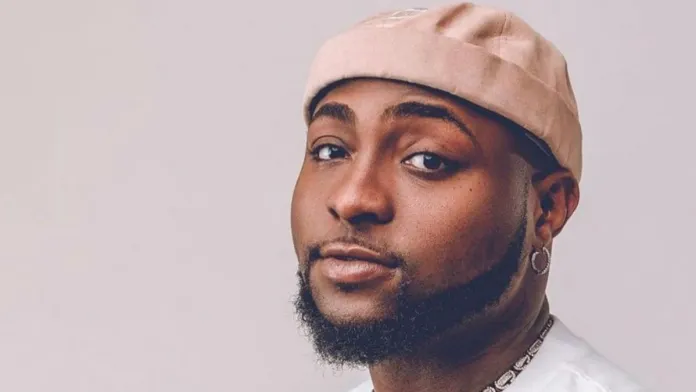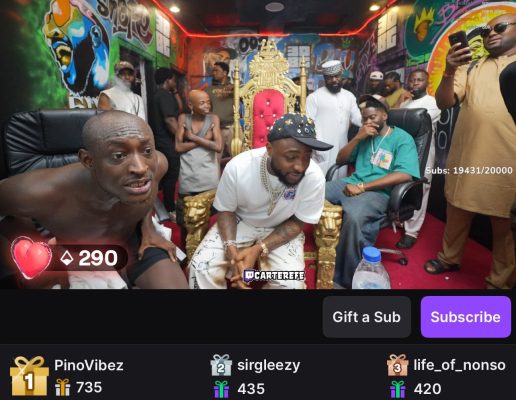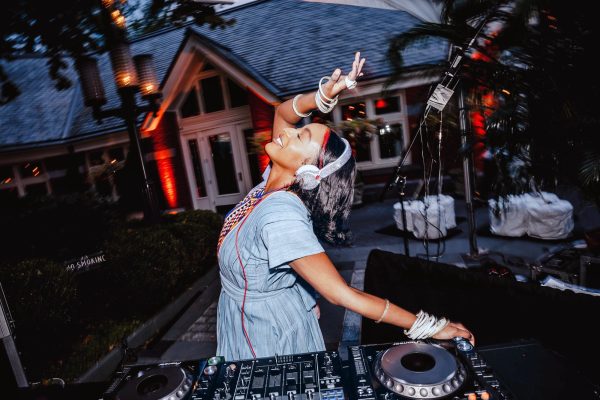With his lighthearted and easy-going demeanour, unique style and mastery of aesthetics and creative lighting, Kelechi Amadi-Obi has earned international renown for his work.
Passion, mastery of his art and an uncanny ability to capture visuals are the trademarks that have seen him work with the best brands and organisations. But it was his determination—very much against the will of his parents—that set him on the path of light and camera.

A blend of all these means he has, over the years, built a loyal clientele with an impressive portfolio that spans different industries, exhibited at revered centres across the world and formed a photography collective that has helped put Nigerian photography on the world map.
But there is much more to the man Kelechi Amadi-Obi is than his affinity for the camera.
The artist
Growing up in Umuahia under the parentage of a high court judge and an educationist, a young Amadi-Obi found himself completely obsessed with drawing and making art. But his family only recognised two professions: law and medicine. So, it was only natural for him to study Law after his father, not knowing that he could thrive like some of the “mythical” renaissance artists like Leonardo da Vinci and Picasso that he loved to read about.
[related ids=”630981″]
By the time he realised that he could live the life he truly wanted, he was already a Law student at the University of Nigeria, Nsukka. “I was very conflicted but, at some time, I made a decision that I was going to be an artist. I also decided I was going to finish with Law, come to Lagos for Law School, get called to bar and then practise as an artist.”
[ad]

With an impressionable belief that his art gave him joy and he could do it better than most people, Amadi-Obi began to develop his brand while still in the university. His time in school provided a ground for experimenting. But
that parental support was absent. “As far as my dad was concerned, he had one more lawyer,” Amadi-Obi says.
Regardless, he was undeterred. His brand, Dezulu, a name which he signed on his artworks, became famous in school. Realising the power of branding, he found a way to distinguish himself from other artists and developed a trust with his clients to always deliver an excellent job. “There and then I realised that I will never be poor or hungry, as far as I follow my passion and I did not slack on my craft.”
The art
Photography crept into the artist’s life gradually. He needed to take photos of subjects to use as references for his paintings. “Those pictures I was making as references for my paintings started looking more like already finished artworks in their own right. Gradually, I started hanging out with other photographers and I got hooked.”

By the time he got called to bar in 1993, he had begun practising as a full-time studio artist. He had his first major solo exhibition in 1997 at the Russian Cultural Centre in Lagos.
Amadi-Obi’s photography career took off after he formed a photography collective called Depth Of Field (DOF) at the fourth Rencontre de la Photographie Africaine (Meeting of African Photography) in Mali in 2001. “It was me, TY Bello, Uche James Iroha and Amaize Ojeikere that started it. Two years later, we got Emeka Okafor and Zaynab Balogun to join us.” The six exhibiting artists started having a series of group exhibitions in Germany, France, London and New York.
Photography, like painting, was just another means through which Amadi-Obi could tell his stories. “For me, the important thing here is to be able to communicate with humanity and the world, and air my opinion about life and things.”
The fluidity of his art has seen him delve into cinematography in recent times.
The muse
“Emancipate yourself from mental slavery.”
– Bob Marley
The mind is a powerful tool that holds the key to self-liberation. For Amadi-Obi, art should not exist without being dedicated to the collective good. Part of that for him involves using his personal platform to correct the perception of Africa as a dark continent tied to a dastardly past. And, for over 15 years, he has been focused on telling the positive stories of Africa. He says, “Africa is rich and has a lot of gems and diamonds. It is a continent with so much light and all I’m doing is trying to show the world this other side of Africa.”
[ad]

Those stories show people a possibility of what could be, allowing them to break free from the limitations they have set in their minds and dream. “It is the most difficult prison to break out from, the one you have created for yourself in your mind. I am trying to liberate the minds of our people,” he says.
[related ids=”619085″]
Building trust
An important part of branding and building strong relationships is trust. To remain successful in this industry, Amadi-Obi notes that clients have to believe in your ability to consistently deliver an excellent job.
An artist who has been shooting portraits for years, including nude photos, Amadi-Obi knows the importance of trust. “The model is trusting you with her body. You dare not betray that choice. I never break that trust.”
Over the years, this habit has helped the veteran photographer create the solid brand he wants. This way, he is not restricted in the form of art that he chooses to work with.
He also makes it a policy never to have an intimate relationship with his models. This trust doesn’t just apply to his clients.
Amadi-Obi and his wife of over 16 years and four children have developed a strong relationship built solidly on that. The family man speaks fondly of his loved ones. “I try to have family time, especially with my wife, spend a little time with my family. It is important.”
Born of an artistic father and a mother who is an interior decorator, their children have also developed a flair for the arts. “Everyone can draw, but my first son, Somto, is a remarkable artist. His skills are unprecedented. It is quite uncanny looking at what he is able to do at fifteen. My daughters are also amazing.”
The evolution
As a creative, Kelechi Amadi-Obi has remained consistent in his ability to evolve. “I enjoy the process of learning new things. That is what keeps me going in the industry. You have to live in the present and the future. You have to enjoy the exploration of new things. I am constantly trying to open new doors, finding new products [and] clients to stay afloat. Those who do not have the capacity or flexibility to adapt to the new changes in the industry each time there is a change fall by the wayside. It keeps changing and we have to keep evolving.”
In addition to this, to remain sustainable as a photographer, you also need to know how to run a creative business. “There is no one formula. It is an unending process of learning and creating new things.”

However, he notes that running a creative business does not imply that rewards should be the driving force, especially at the birth of the business. At the inception of his career, he was preoccupied with being the best that he could and delivering a body of work that could make his clients loyal to him. That way, he says, aspiring creatives can develop their own sustainable brands.
“If you put reward as your main motivation, you have failed before even starting because you do not have a product yet. And, because of that, you will not put up the intense practice that is needed to develop your skill.”
He explains that selling art deals with the psychology of positioning oneself in the mind of the client. “It can be priceless or it can be worthless,” he says. Clients also want to know that you are consistent. “With every opportunity, treat it like it’s your last chance on earth. It will earn you new clients, which will help you have a healthy client base.”
Creative Team
Creative Direction: Chidirim Ndeche
Photography: Jerrie Rotimi
Styling: Nkem Okorafor
[ad unit=2]








